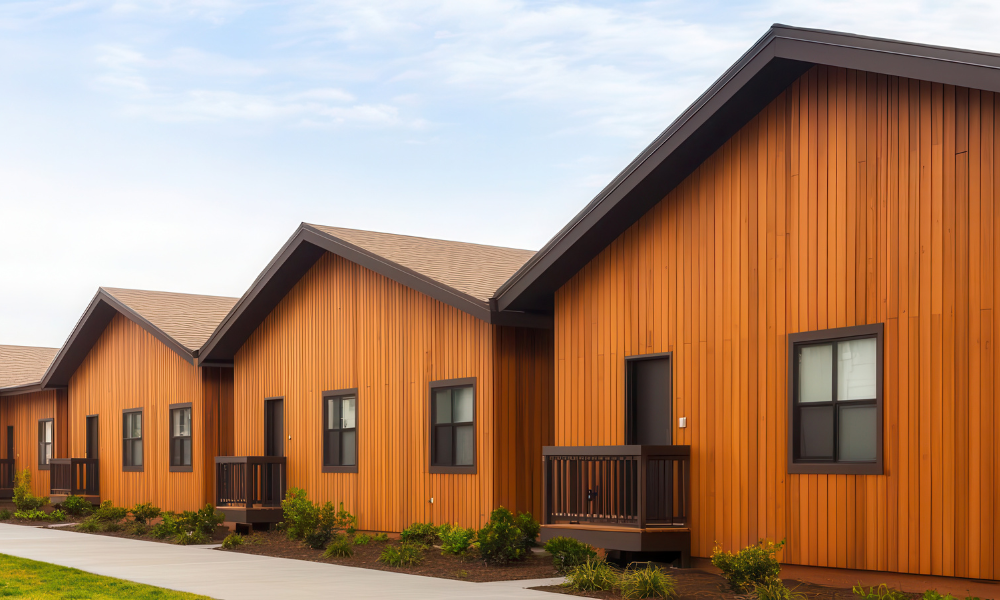Fannie Mae survey shows renters favor density, while homeowners hesitate on neighborhood growth

Despite general support for affordable housing initiatives, Fannie Mae's latest National Housing Survey reveals that opinions differ sharply when it comes to building new homes in consumers’ own neighborhoods.
The survey, conducted by Fannie Mae’s Economic & Strategic Research (ESR) Group, revealed a divide between renters and homeowners, with renters showing much greater willingness to accept denser housing types, such as apartments, townhomes, and condos, compared to single-family homes that many homeowners prefer.
“Since the pandemic, consumers have dealt with several years of elevated home prices and sharply rising mortgage rates, which have led to an extraordinarily challenging home purchase market,” said Fannie Mae ESR group economist Eric Brescia and Kevin Tillman, market research lead associate.
Consequently, many Americans now view affordable housing as harder to find. Seventy-three per cent (73%) of renters support building more affordable housing in their neighborhoods, compared to just 44% of homeowners, reflecting renters' greater openness to housing solutions that may ease local affordability issues.
The survey also showed that most consumers (82%) are in favor of adding some form of new housing, yet when asked specifically about changes to zoning codes to increase housing density, support declines among homeowners, with only 37% favoring such measures compared to 63% of renters.
The ESR Group said that consumers' mixed sentiments on housing affordability and construction could make it challenging for policymakers and homebuilders to agree on reforms and proposed developments, especially since zoning changes and increased density are often critical components of affordability strategies.
“Consumers clearly understand the need for greater affordability, but most don't support the development of housing types in their own neighborhood that most experts believe would have the greatest positive impact on affordability,” the author wrote in a perspectives blog.
“However, when survey respondents considered the broader effects of new development, they believe more housing is a net positive. The survey results also suggest greater pent-up homebuyer demand for denser housing types than what currently exists in the housing stock, pointing to a potential need for additional supply.
Interestingly, a majority of consumers hold the view that adding more housing may not improve affordability. More than half (59%) expect that home prices will actually increase if new housing is developed nearby, opposing the general economic assumption that increased supply lowers costs.
Additionally, 61% believe their taxes will rise due to new development, and 59% expect rent prices to increase. This discrepancy may stem from perceptions that new homes built in their areas wouldn’t be priced affordably.
Read next: Rising mortgage rates stall refinancing even as applications increase
Consumer preferences also don’t fully align with the available housing stock. While around 31% of those surveyed would consider purchasing something other than a single-family home if they were in the market, non-detached homes make up only 18% of current housing stock.
“Clearly, consumer demand for this particular housing type appears to far outstrip supply, which we think could have important implications for homebuilders,” the ESR group said.
Stay updated with the freshest mortgage news. Get exclusive interviews, breaking news, and industry events in your inbox, and always be the first to know by subscribing to our FREE daily newsletter.



